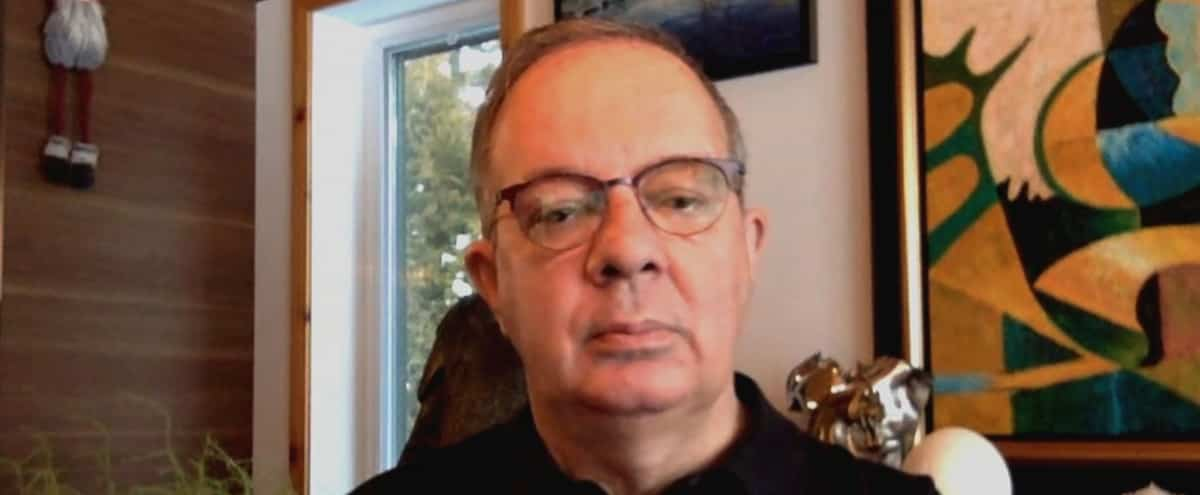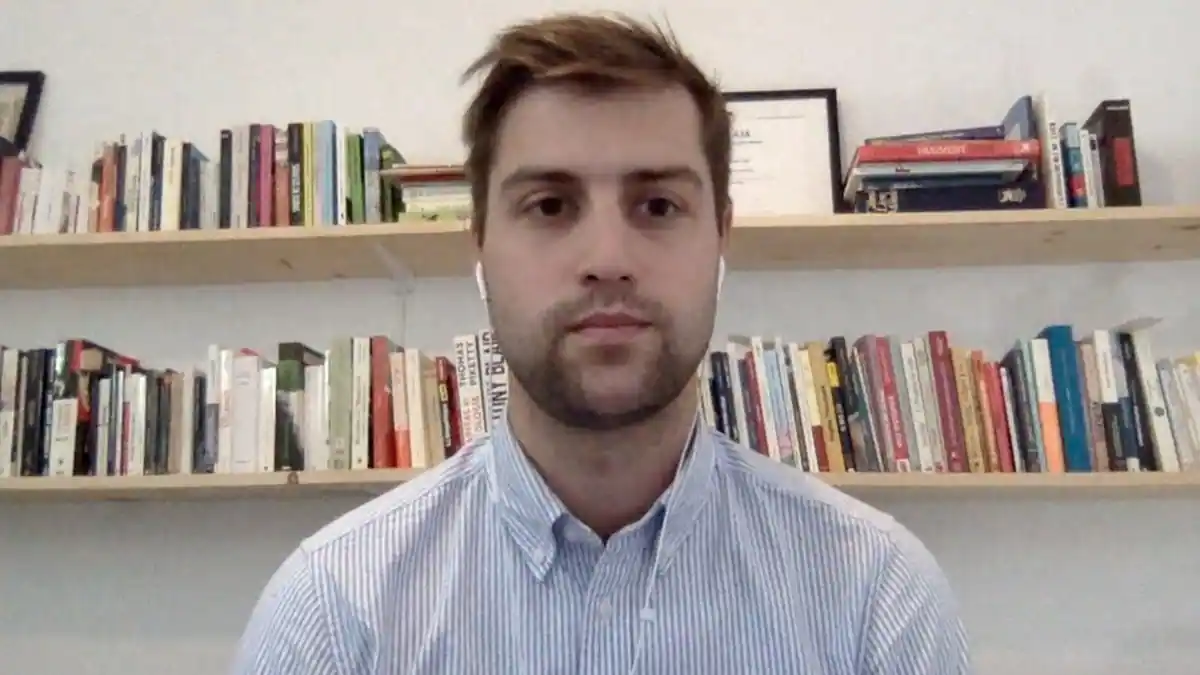You May Also Like
The Top TV-Themed Slot Games to Try This Year
The global online gambling and betting industries are big, and they’re only…
- Benjamin Blair
- August 17, 2022
Covit-19: Not out of the jungles of Quebec
Retired virologist Jack Lapierre said the province would not be doing well…
- Stephan Terry
- January 1, 2022
Who is the youth vote for?
Face-to-face, after the five party leaders debated a range of topics, did…
- Stephan Terry
- September 17, 2022
MasterChef restaurant reopening: esteemed guests await contestants
The MasterChef restaurant will reopen this week, and special guests await the…
- Stephan Terry
- February 19, 2024











